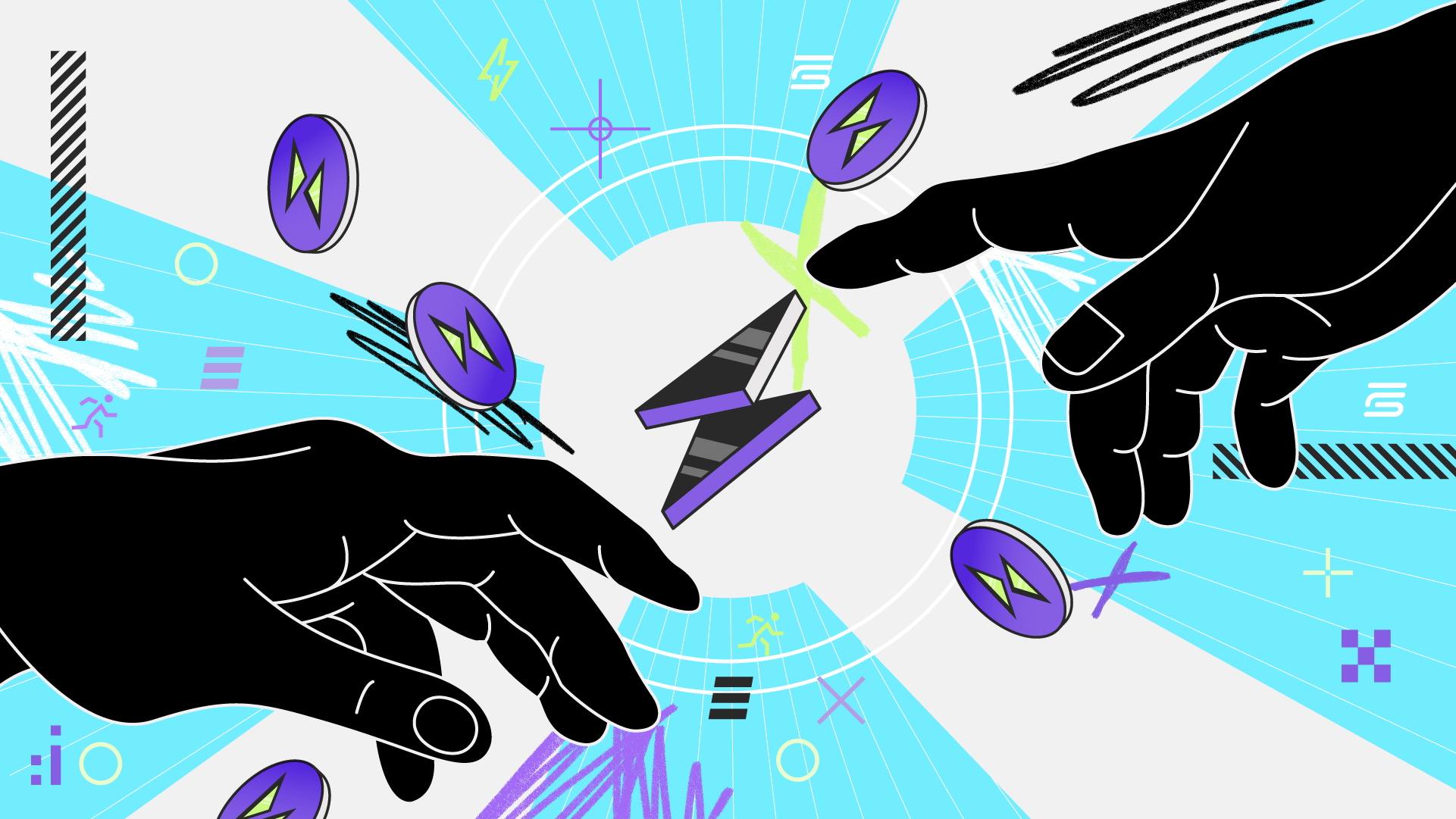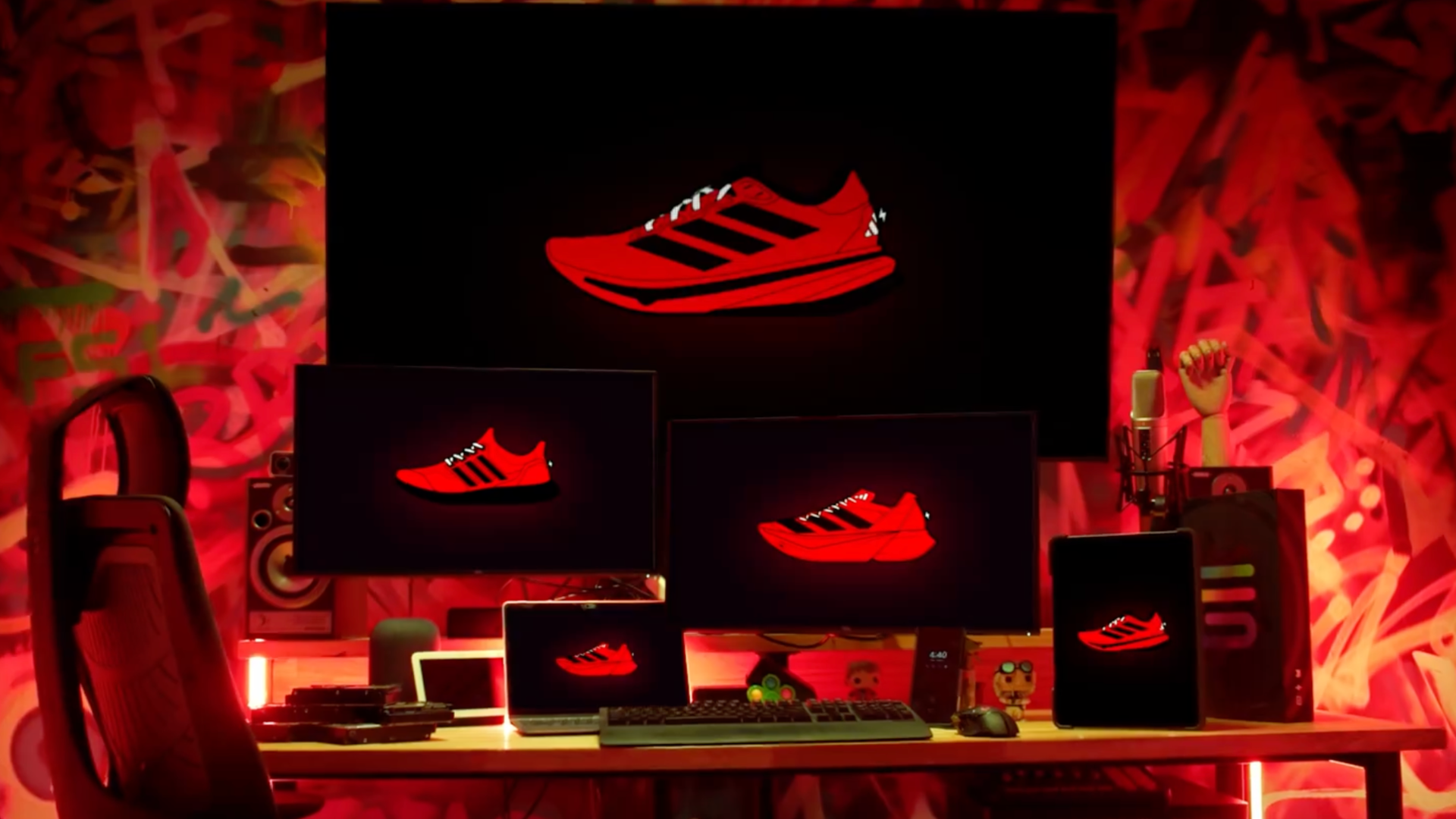Explore Gaming
2 Gaming tokens listed on Mango
Web3 Gaming Explained
Blockchain-based games combine the immersive world of gaming with the benefits of decentralization. They are designed to eliminate issues with ownership limitations and centralized game development and represent a shift towards player-driven economies and democratized game development. Web3 gaming empowers players with true ownership of their in-game assets and the potential to monetize their skills. Game on, everyone!
The Genesis
The advent of NFTs in the Ethereum ecosystem marked the beginning of Web3 gaming. NFTs allowed for the creation of distinct, owned digital items within games, something not possible in traditional gaming before. Let's explore the brief history of the beginnings of blockchain-based games.
Invention of NFTs
The first Non-Fungible Token (NFT), named Quantum, was a pixelated octagon that changed colors and pulsated, what many described nowadays as a distinctive piece of art. It was created by Kevin McCoy on May 3rd, 2014, and pioneered the notion of exclusively ownable digital assets.
Subsequently, the development of the ERC-721 token standard in 2017 on the Ethereum blockchain established a protocol for the creation and management of unique digital assets. This standard became a cornerstone for integrating NFTs into gaming, enabling distinct and tradable in-game items and characters.
Web3 Gaming's Historic First
Contrary to the popular belief of many, not art but a game became the first real-world use case for the ERC-721 token standard. At an ETH Hackathon in October 2017, CryptoKitties was born, a blockchain-based game that allowed players to buy, collect, breed, and sell virtual cats as NFTs, popularizing the idea of digital ownership in gaming.
A New Era
What followed was explosive growth for the Web3 gaming industry, with various new games and innovations being brought to market. Play-to-earn, move-to-earn, the metaverse, as well as composability and interoperability between games, became key concepts in the decentralized gaming space. Household names like Axie Infinity, STEPN, and Decentraland gained traction and emerged as central characters in the sector.
Gamer's New Economy
Tokenization of in-game assets and the introduction of Play-2-Earn (a model that rewards players for their in-game achievements with crypto tokens) continued to accelerate the rapid expansion of blockchain-based games. With cross-platform economies, community-led governance, and true ownership of in-game assets being established as core components.
Growing Pains in GameLand
The swift growth also came with its growing pains. CryptoKitties led to network congestion on the entire Ethereum network, whereas unsustainable incentives and poor design of gaming UX highlighted the early stage the industry is still in.
Continuous Innovation
Despite its challenges, web3 gaming continues to be a vibrant and transforming sector. Dealing with obstacles like scalability and security remain central priorities for its growth and development.
Solana’s Role
With the success of Star Atlas and STEPN, it became apparent that Solana is a perfect breeding ground for game development, providing high throughput and low transaction fees. Web3 games require efficient performance and affordable in-game transactions to expand their user base. Ethereum struggles with high transaction fees and limited throughput, which can exclude many potential players and lead to a less efficient gaming experience.
Solana's Web3 gaming environment provides a fluid and cost-effective solution, allowing players to enjoy cross-platform interactions, own unique in-game items, and immerse themselves in dynamic virtual economies. Solana offers a welcoming ecosystem conducive to innovation in gaming, supporting popular programming languages and providing comprehensive tools.
Enhanced security measures, seamless cross-game compatibility, and a vibrant gaming community further establish Solana's standing as a prominent blockchain for Web3 gaming. As this sector progresses, Solana's advanced technology and focus on player-centric experiences position it as an attractive platform for both Web3 game developers and players.
The data displayed on this page is provided for informational purposes only. It may be delayed and is not guaranteed to be accurate. It is not intended for trading or investment purposes. The platform does not assume any responsibility for the accuracy, completeness, or timeliness of the data, and shall not be liable for any errors, omissions, or any losses resulting from its use.
Do not invest unless you are prepared to lose all the money you invest. Crypto is a high-risk investment and you should not expect to be protected if something goes wrong.


